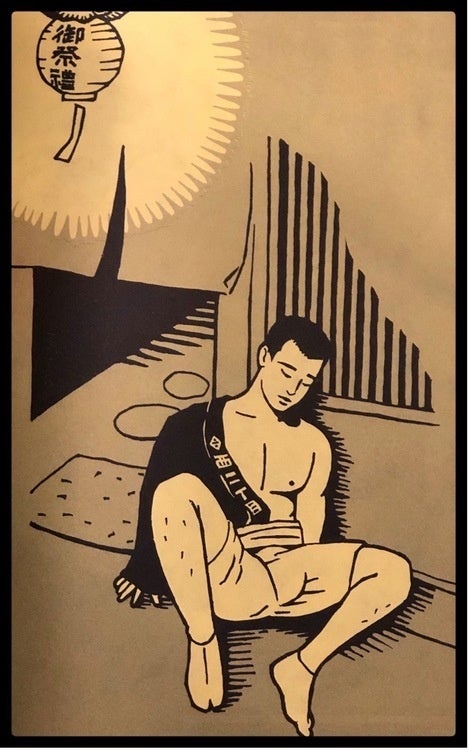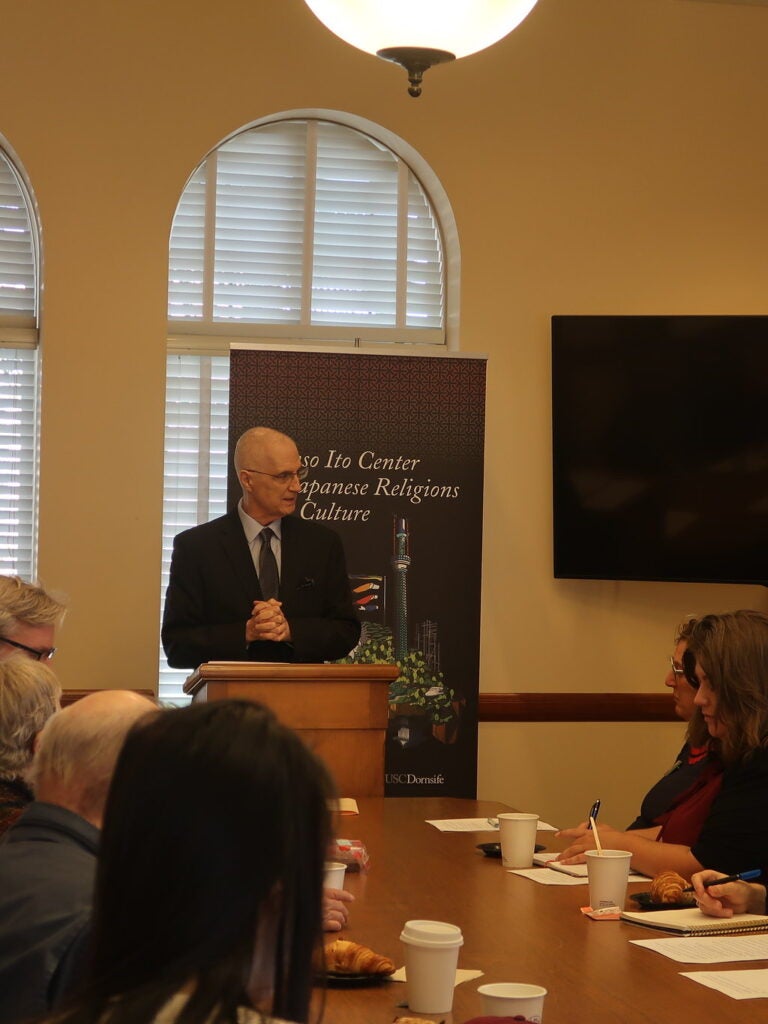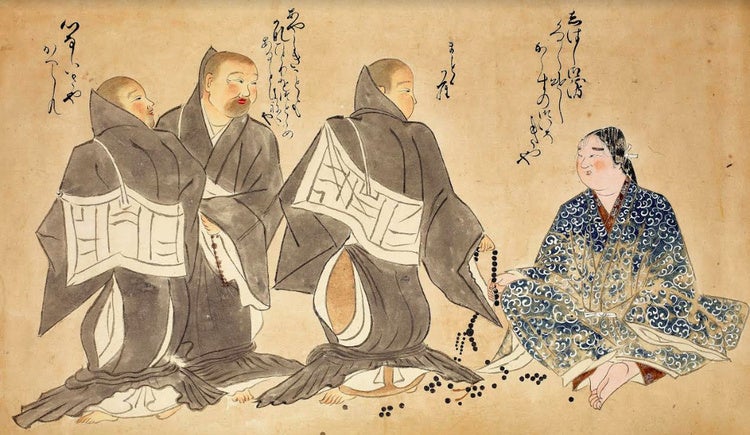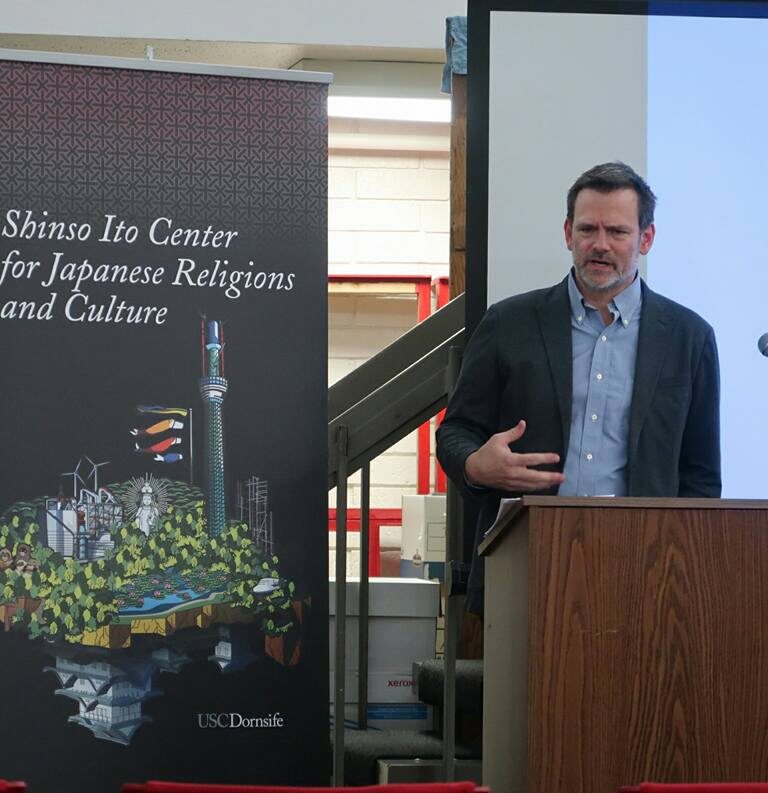The purpose of this speaker series is to explore overlapping concerns of LGBTQ Studies, Japan Studies, and Japanese American Studies. We sponsor events that showcase the latest developments in research and activism, with an aim to foster candid, constructive, and mutually beneficial dialogue among all participants.
Events
Wednesday, February 28, 2024
In this presentation Hawkins speaks of navigating the trials and tribulations of queer research about Japan from the 1980s to the present. From ethnographic inquiry, to archiving, and recently advising a Japanese pop star on why to come out, the talk looks back at the disattendance of Japanese gei and doseiai…
Thursday, April 21, 2022
As preventative strategies and clinical treatment for HIV/AIDS have improved in recent years, the traumatic sense of fear and the widespread panic of the early days of the AIDS crisis has become history for those who did not live through them…
Thursday, February 13 2020
In some sense, every tale—and every poem—tells a story that’s never been told in the exact same way. But some tales and poems, under certain circumstances, cannot be told or are forbidden to be told for reasons that are sometimes not clear or are clearly political. Recently, it’s become more commonplace for the tales of people who belong to sexual minorities to be expressed in Japan and in Japanese….
Thursday, February 21, 2019
Daigoji nanshoku-e [Daigoji’s Illustrations of male-male love], more commonly known as Chigo no sōshi [A booklet of acolytes] (ca. 1321) is a collection of five stories characterized by caustic humor and sexually explicit images of chigo’s (adolescent boy acolytes) infidelities to their master priests…
Thursday, February 1, 2018
If Queer Theory now “has a history,” as many have begun to argue in recent years, that history is not limited to the US context. It was also big in 1990s Japan, when key works by Eve Sedgwick, Judith Butler, Leo Bersani, Gayle Rubin, David Halperin, and others were translated into Japanese more quickly than into any other language, sparking collaborations and joint actions between scholars and AIDS activists in both countries…




